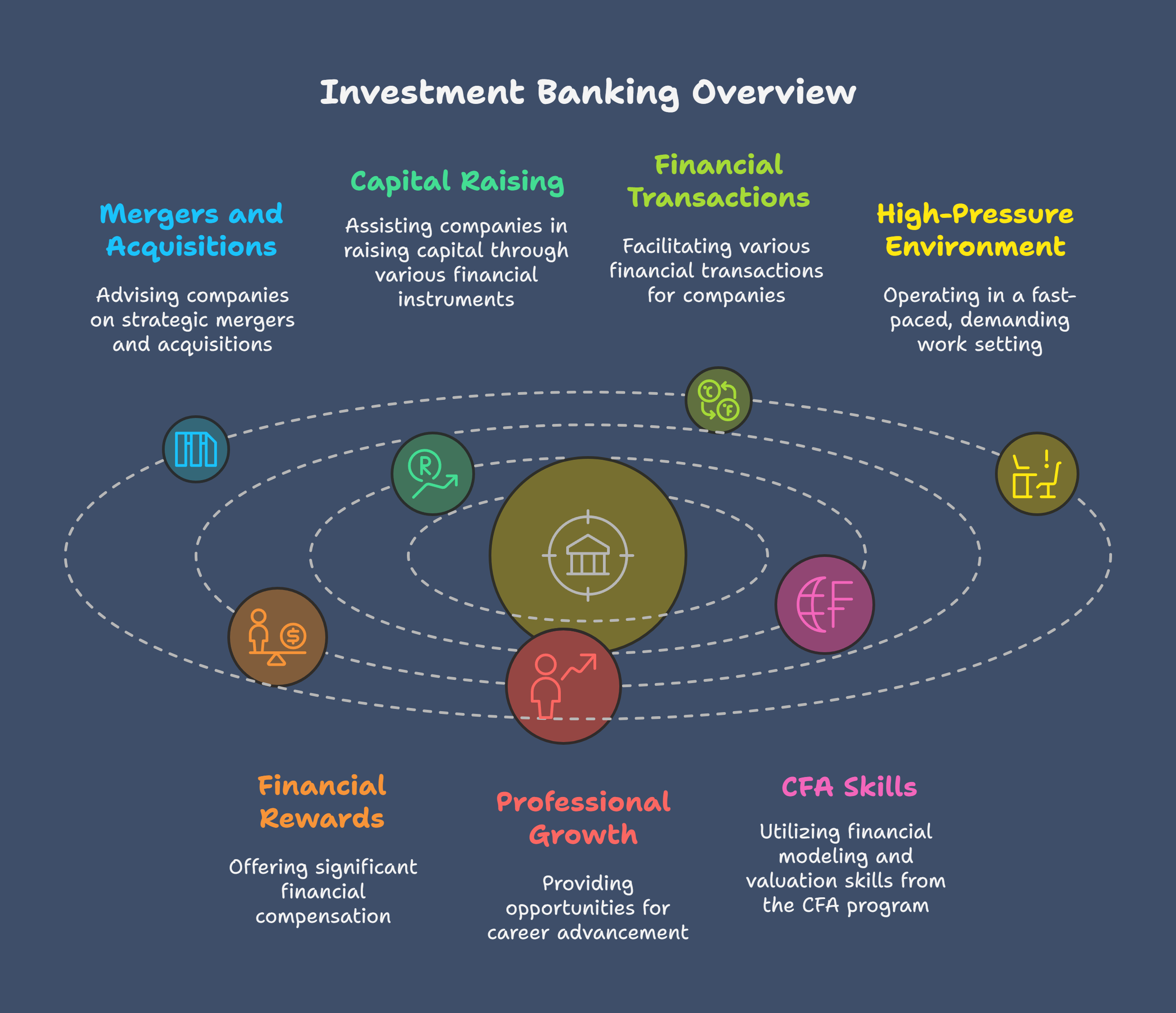So, you’ve conquered the Chartered Financial Analyst (CFA) exams. Congratulations! That’s a huge accomplishment. Now, you're probably wondering, "What's next?" The good news is, the CFA charter opens doors to a world of exciting career opportunities in finance.
This article explores some of the most popular career paths for CFA charterholders, from diving deep into company valuations in equity research to navigating the fast-paced world of investment banking.
Equity Research: The Art of Valuation
Equity research is a natural fit for many CFA charterholders. It involves analyzing companies, industries, and market trends to provide investment recommendations.
Think of it as being a financial detective, piecing together clues to determine a company's true worth. You'll build financial models, pore over financial statements, and conduct industry research.
The goal? To advise investors on whether to buy, sell, or hold a particular stock. This role requires strong analytical skills, excellent communication, and a deep understanding of financial markets. Check out resources like the CFA Institute for more insights.
Investment Banking: Dealmaking and High Finance
Investment banking is another popular destination for CFA charterholders. It's a high-pressure, fast-paced environment focused on advising companies on mergers and acquisitions, raising capital, and other financial transactions.
Investment bankers work long hours, but the rewards can be significant, both financially and professionally. The CFA program equips you with the financial modeling and valuation skills crucial for success in this field.
Want to learn more about investment banking? Explore resources like Wall Street Prep. They offer great insights into the industry.

Portfolio Management: Steering the Ship
For those drawn to managing investments, portfolio management is an excellent choice. As a portfolio manager, you'll be responsible for making investment decisions for individuals or institutions.
You'll construct and manage investment portfolios, aiming to achieve specific financial goals. The CFA charter provides a solid foundation in asset allocation, risk management, and investment strategy, which are essential for this role.
Interested in diving deeper into portfolio management? Investopedia offers a wealth of information on this topic.
Other Exciting Avenues
The CFA charter isn't limited to these traditional paths. It can open doors to roles in private equity, hedge funds, corporate finance, and even financial journalism.
The key is to leverage the knowledge and skills gained through the CFA program to pursue your specific interests. Networking with other CFA charterholders can help you discover hidden opportunities and gain valuable insights.
Platforms like LinkedIn are great for connecting with professionals in your field of interest.
.png)
Conclusion
Earning the CFA charter is a significant investment in your career. It's a passport to a wide range of opportunities in the world of finance. Whether you're drawn to the analytical rigor of equity research, the deal-making excitement of investment banking, or the strategic thinking required for portfolio management, the CFA charter can help you get there.
Remember, your career path is unique. Take the time to explore different options, network with professionals, and find the path that aligns with your skills and passions. The CFA charter is your launchpad—now go explore!
















